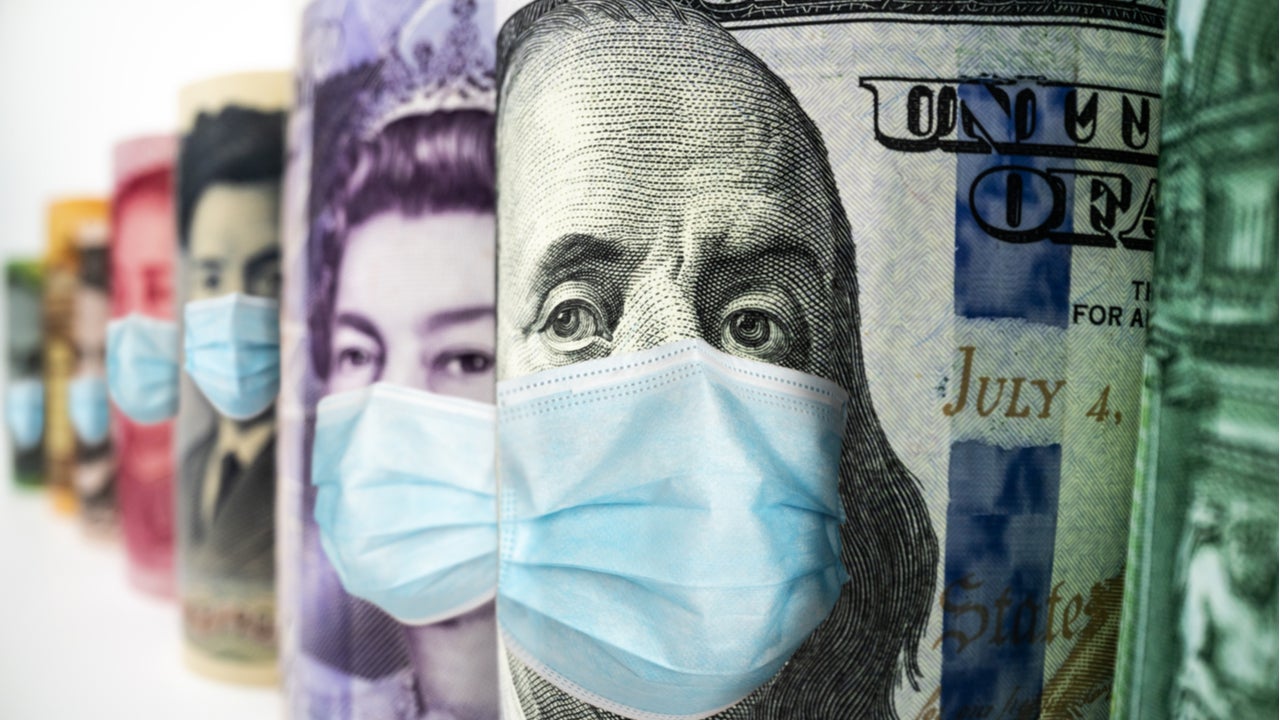Economists believe that Biden’s $30bn funding is a pittance, and while the Covid-19 pandemic could have cost the world between $16tn and $35tn, the next pandemic could be even more devastating.
Charles Kenny
Charles Kenny, an economist and senior fellow and the director of technology and development at the Center for Global Development, shared an article on why the US cannot allow pandemic preparedness funding to fall prey to short-term thinking. According to economists, the Congress should not cut pandemic preparedness funding in budget negotiations, which has for long been neglected among its national security concerns.
Economists are worried whether the US has learnt any lesson from the Covid-19 pandemic, as recent reports suggest that the $30bn in pandemic preparedness funding proposed in the American Jobs Plan is expected to be cut to $5bn in the bipartisan, negotiated compromise.
Public health policy experts have been trying to convince the US government to take careful steps in preparing for a respiratory pandemic for decades. However, recent cuts suggest that policymakers have not quite grasped the scale of the next pandemic.
Some believe that nothing less than an Apollo programme for pandemic prevention, with $20bn a year in spending for ten years is required. If such an investment even made the next pandemic moderately less severe, it would have the resources to spend for itself, and if it managed to completely prevent it, it would be one of the best investments in history.
Plz Congress don’t cut pandemic preparedness funding in budget negotiations (!). https://t.co/be0yHu74js
 GlobalData Strategic Intelligence
GlobalData Strategic IntelligenceUS Tariffs are shifting - will you react or anticipate?
Don’t let policy changes catch you off guard. Stay proactive with real-time data and expert analysis.
By GlobalData— Charles Kenny (@charlesjkenny) July 25, 2021
Shane Oliver
Shane Oliver, head of investment strategy and economics and chief economist at AMP Capital, retweeted an article shared by David Taylor, an ABC business reporter, on how Australia seems to be slipping into a double-dip recession with coronavirus lockdowns ravaging the country’s economic activities.
Experts are hoping that the current September quarter is so weak that it could prevent the three months leading up to December to be worse. Officials cautioned economic trouble as reports on retail faltering were reported. Consequently, retail trade was found to have dropped by 18% in July, with food retailing reporting a record a rise as people stayed home and stopped eating out due to Covid restrictions.
Victoria saw the largest fall in retail sales (-3.5%), caused essentially by the lockdowns through early June, while New South Wales witnessed a 2% drop in retail trade due to Covid lockdowns imposed in Greater Sydney during the latter part of the month.
From me this morning. Are we already sliding into another recession? @abcnews https://t.co/s9kKJ84YZm
— David Taylor (@DaveTaylorNews) July 24, 2021
Claudia Sahm
Claudia Sahm, an economist and former director of macroeconomic policy at the Washington Center for Equitable Growth, shared an article on White House officials claiming for months that more than technical factors are behind the transitory inflation caused by the Covid-19 pandemic.
Officials emphasise that the Covid-19 pandemic has caused an unconventional recession, and therefore its recovery will not be typical. As a result, while curbing the virus, reaching full employment, and a resilient and inclusive recovery will be the primary goals of the US government, economic uncertainties and risks such as inflation will require special monitoring.
Experts estimate inflation to increase in the next several months ahead, caused primarily due to three different transitory factors including base effects, supply chain disruptions, and pent-up demand, especially for services. They expect these three factors to gradually fade as the economy recovers from the pandemic and inflation runs in line with longer-run expectations.
PPS @WhiteHouseCEA FOR MONTHS has said more than "technical factors" behind "transitory inflation." https://t.co/C4Ub0dENsP excellent report. would be real nice if the the so-called "allies" read it. would learn something.
— Claudia STAY SAFE Sahm (@Claudia_Sahm) July 25, 2021




